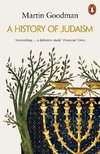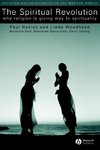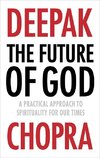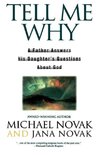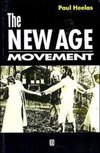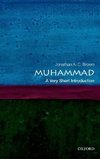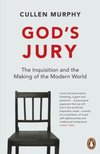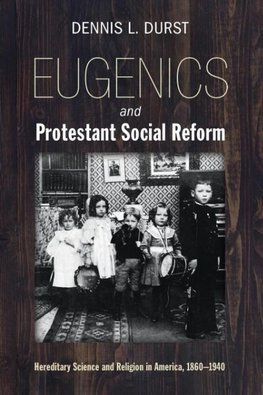
-
 Anglický jazyk
Anglický jazyk
Eugenics and Protestant Social Reform
Autor: Dennis Durst
The eugenics movement prior to the Second World War gave voice to the desire of many social reformers to promote good births and prevent bad births. Two sources of cultural authority in this period, science and religion, often found common cause in the promotion... Viac o knihe
Na objednávku, dodanie 2-4 týždne
27.63 €
bežná cena: 30.70 €
O knihe
The eugenics movement prior to the Second World War gave voice to the desire of many social reformers to promote good births and prevent bad births. Two sources of cultural authority in this period, science and religion, often found common cause in the promotion of eugenics. The rhetoric of biology and theology blended in strange ways through a common framework known as degeneration theory. Degeneration, a core concept of the eugenics movement, served as a key conceptual nexus between theological and scientific reflection on heredity among Protestant intellectuals and social reformers in the late nineteenth century and the early twentieth century. Elite efforts at social control of the allegedly ""unfit"" took the form of negative eugenics. This included marriage restrictions and even sterilization for many who were identified as having a suspect heredity. Speculations on heredity were deployed in identifying the feeble-minded, hereditary criminals, hereditary alcoholics, and racial minorities as presumed hindrances to the progress of civilization. A few social reformers trained in biology, anthropology, criminology, and theology eventually raised objections to the eugenics movement. Still, many thousands of citizens on the margins were labeled as defectives and suffered human rights violations during this turbulent time of social change.
""Dennis Durst's Eugenics and Protestant Social Reform fills an important gap in the history of eugenics by examining religious voices often neglected in conventional scholarship. Durst explores how nineteenth-century 'degeneracy' theory provided a common ground for discourse among both theologians and scientists who embraced eugenic ideals. Based on painstaking research, and grounded in writing that is both nuanced and clear, this book is an important addition to the history of eugenics.""
--Paul A. Lombardo, Georgia State University College of Law, Atlanta
""The eugenics movement of the early twentieth century has had a profound influence on medical ethics. Though the core ideas of eugenics go back to Aristotle, teachers of health care ethics have rightly traced their recent roots to the late nineteenth century, within social Darwinism and the Industrial Revolution. But where was the American evangelical church in all this? For more than two millennia, Christianity has defended poor, vulnerable, and marginalized individuals, with their value grounded in the imago Dei. Christian theology should have pushed back against the worst abuses of negative eugenics that sterilized the 'feeble-minded' and other genetically 'defective' persons. Yet given the interplay of science, theology, and attempts at social reform, eugenics sometimes co-opted the church. Philosopher and theologian Dennis Durst deftly and thoughtfully examines these complex relationships. This book is a rich academic resource for seminary and health care students alike.""
--Dennis M. Sullivan, Cedarville University, Cedarville, Ohio
""In Eugenics and Protestant Social Reform, Dennis Durst documents what happened when bad science and bad theology colluded to create the social monster that was the American and British eugenics movements of the early twentieth century. We who live in the twenty-first century must resist the power and subtlety of emerging biomedical and biotechnological developments that tempt us to embrace a new eugenics. Durst's penetrating analysis can help us avoid repeating the past, if we have ears to hear and eyes to see.""
--C. Ben Mitchell, Union University, Jackson, Tennessee
""Durst begins by thanking archivists. Superman has Lois Lane digging through archives at The Daily Planet to uncover a supervillain. Durst documents a history with no mastermind, describing how theology and science 'became entangled' across Protestantism. He shows how eugenics becam
- Vydavateľstvo: Pickwick Publications
- Rok vydania: 2017
- Formát: Paperback
- Rozmer: 229 x 152 mm
- Jazyk: Anglický jazyk
- ISBN: 9781532605772
